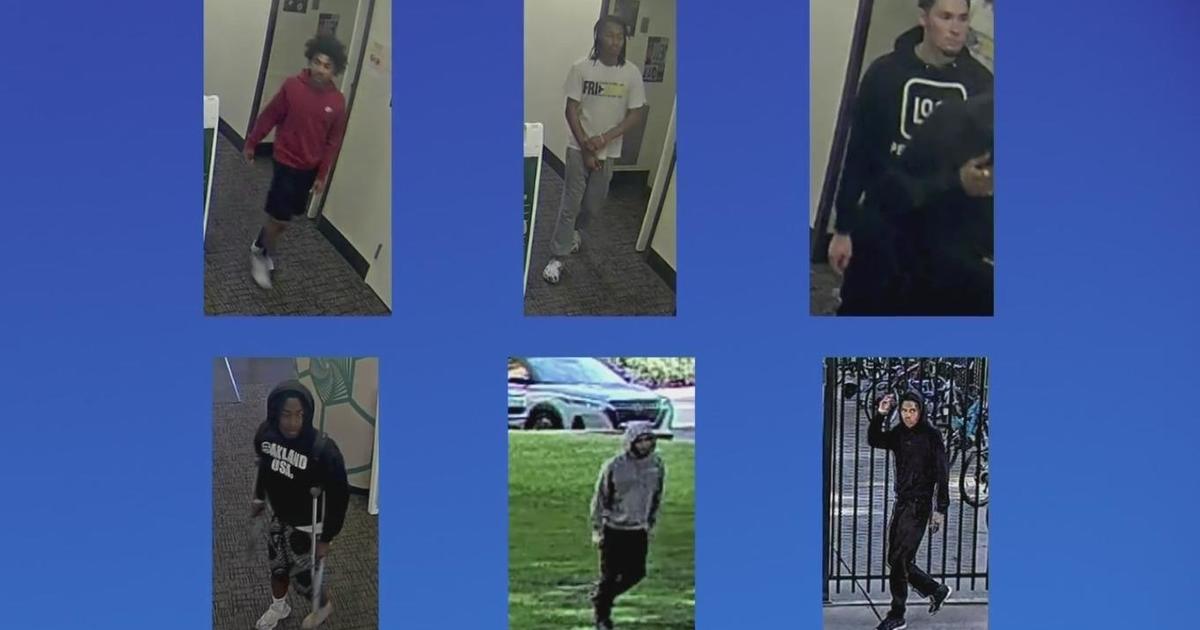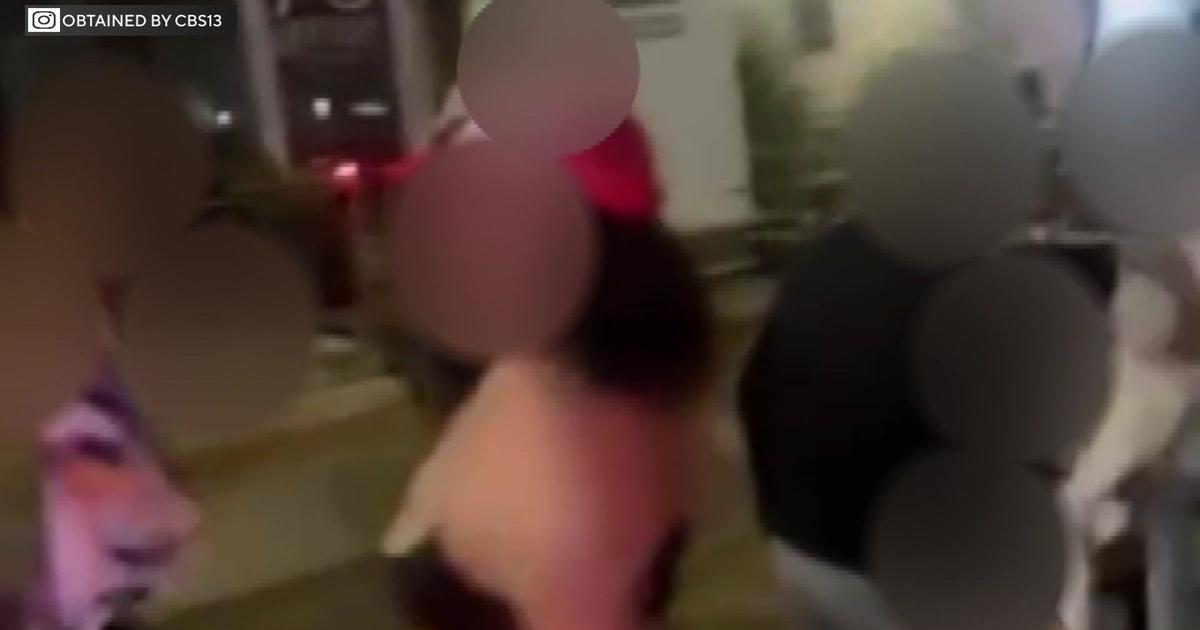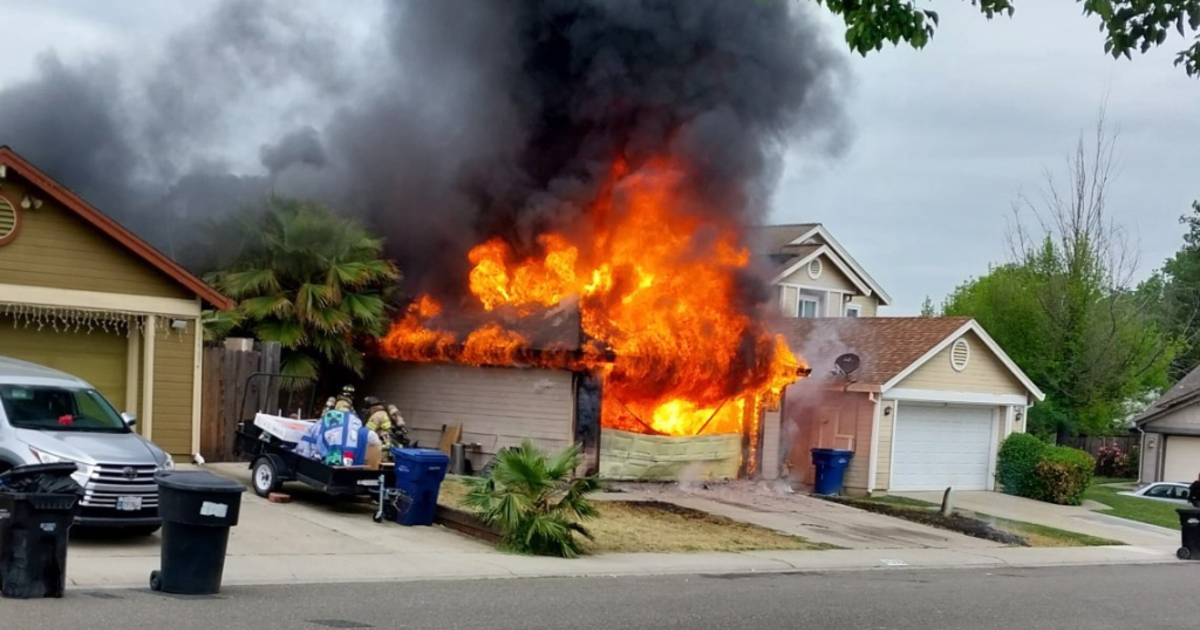Spacecraft's Landing On Comet Fits In With Sacramento State Astronomy Class' Curriculum
SACRAMENTO (CBS13) — The landing of a spacecraft on a comet happened to fit well with Sacramento State Professor Christopher Taylor's class on Wednesday.
The Rosetta Space Probe deployed the lander early Wednesday morning and it made a successful landing on the comet at around 8 a.m. Sacramento time.
Taylor's astronomy class happened to be studying comets as the lander the size of a washing machine made it to the comet.
He and his students both understand how big of a deal the landing is.
"I mean you have to get to where the comet is," he said. "You have to predict where it's going be because they launched it 10 years ago. So they didn't have to go to where it was 10 years ago, they had to be where it was today.
Sacramento State Junior Kevin McKinnon put it more succinctly.
"It's like hitting a speeding bullet with another speeding bullet—it's really hard," he said.
The European Space Agency says it's still trying to understand why the landing equipment aboard Philae malfunctioned. The lander may have bounced before settling, essentially landing twice.
But for now, the lander is sending back data.
Taylor says the comet is like a flying fossil, four-and-a-half billion years old. The lander will tell us if the Earth has elements in common with the comet.
"Some people suspect have suspected that these are common throughout the universe, and that every star system will have them, in which case there could be life out there, way beyond us," he said.
Exciting science that has students like McKinnon even more interested in astronomy.
"I'm very into space," he said. I think it's fascinating. I'm thinking of going into an astronomy minor right now."
The lander could start drilling as soon as Thursday. The operation of gathering and analyzing the data could last up to 18 months.



